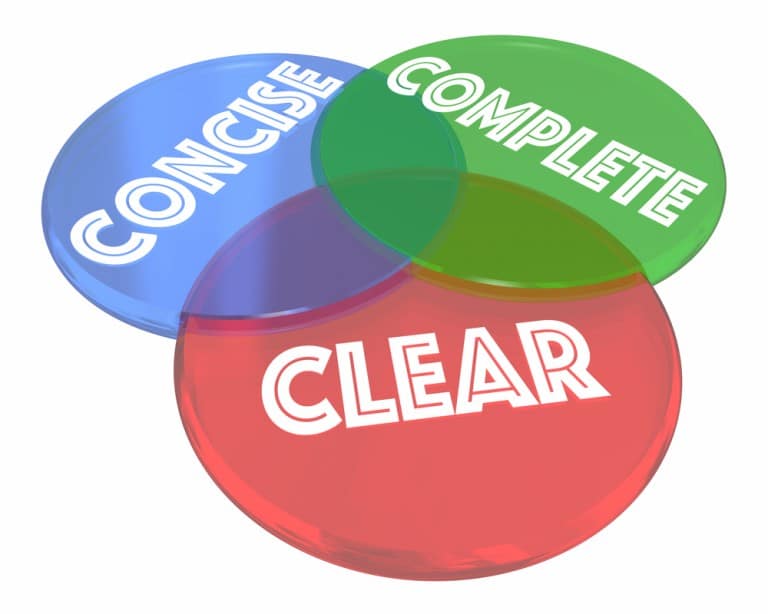Here are four of the biggest differences I see in sales managers that consistently get the best results from their sales teams.
1. The best sales managers rigorously control their time by continually asking themselves, “What can do right now to have a meaningful impact on the development of my team?”
Sales managers always tell me that their time doesn’t seem to be their own. They come to work with a plan on what they want to accomplish that day, but five minutes in they get a call or a text from a salesperson asking them for advice or for help dealing with a customer issue. The manager feels obligated to help, and just like that the manager’s own daily goals fly out the window.
The best sales managers have mastered the ability to just say no. If someone asks them to get involved in a problem or other task, they compare the importance of that request against their own priority: “Which of these tasks is mostly likely to help my team develop and improve?”
When put through that mental filter a lot of daily distractions fade away and the sales managers get to spend more of their time on their #1 priority which should be developing salespeople. Not tasks that others can do or that are priorities for someone else but not them.
2. Hardwire sales coaching into their calendar.
More than 80% of participants in my sales management workshops tell me that unless it’s the week leading up to a company-mandated performance review deadline, they have NO appointments to discuss professional development needs with their team, and generally treat coaching as something that happens when a slot opens up on their calendar.
In contrast, the best sales managers treat coaching as a sacred commitment. Their calendars are peppered with unbreakable appointments that are a mix of:
- Customer-focused deal or funnel coaching (where the emphasis is on what the customer needs to do to move forward in their buying process)
- Observation (sitting in on phone or Teams calls or doing ride-alongs to observe in-person appointments)
- Conversations about professional development needs
- Career planning conversations
3. Define and communicate sales performance criteria
All salespeople understand what their sales quota is. Research has shown, however, that companies (and their managers) are generally very poor at communicating performance expectations in terms of “what” we expect salespeople to do and “how” we expect them to do it. The best sales managers buck that trend by being very clear about their expectations—and that those expectations are mapped out around “excellence.”
One of the most effective ways to do that is by developing what I call a Success Profile, which is a document to be shared with salespeople that clearly states what you want them to do. At a minimum, the Success Profile for a salesperson should have five components:
- Results expected (quotas in terms of deals or dollars brought in each month or quarter, etc.)
- Sales process activity (# of prospecting calls made, proposals delivered, etc.)
- Team member responsibilities (keeping CRMS up to date, adhering to company policies, attendance at team meetings, etc.)
- Skills critical to effective selling (prospecting, diagnosing customer needs, preparing effective proposals, etc.)
- Attitudes valued by the company that contribute to success (strong work ethic, competitive drive, results-oriented, team player, etc.)
In short, a Success Profile documents not just the results you want to see, but what activities, skills, and attitudes will help the salesperson achieve those results. Making sure your team members know what it is you expect of them is one of the simplest, most effective ways to increase your impact as a sales manager.
4. The best sales managers demonstrate that they are paying attention to salesperson behaviors.
I’ve recently heard more sales managers talking about the importance of what they call “brush-by comments.” When they observe a salesperson doing something that is a stellar example of something consistent with expectations or is inconsistent with those expectations, they take them aside and have a quick conversation.
For example, suppose on a ride-along (or listen-along) you notice that the salesperson is doing a great job of diagnosing customer needs and helping the customer appreciate the full extent of their problems or opportunities. Immediately afterwards, compliment them on their approach. Recognition is a powerful motivator that causes a success behavior to be repeated.
Or, suppose a top salesperson is 5-minutes late for your sales meeting. After the meeting you talk to them privately and say something like, “I noticed that you were late for the meeting and I just wanted to talk to you briefly about it. Can you tell me why?”
The importance of these brush-by conversations is that by raising the issues in private settings you send a message to the salesperson that you are paying attention to when they meet the “standards of excellence” for your team and when they fall short. And that you are enforcing the standards equally for all team members.
Standards of manager excellence
The four tactics I’ve described here are what I consider standards of excellence for sales managers. If you focus more on team development, make unbreakable appointments for coaching, communicate specific expectations of excellence to your team, and demonstrate that you’re paying attention, you will see improved team results and join the ranks of the best sales managers!
For more information on what it takes to become a great sales manager download Davis’ whitepaper, “The Holistic Competencies Vital for Successful Sales Management” here.


